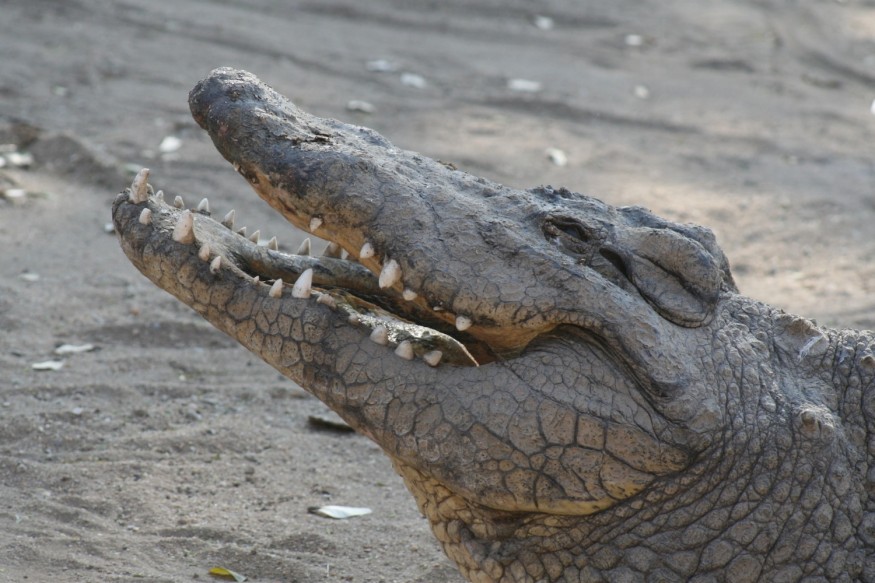Mugger crocodiles, also called marsh crocodiles, were reported saving a dog being chased by a wild feral pack in India, according to a new study led by scientists in India.
The new research suggests that the local crocodiles inhabiting the Savitri River in Maharashtra, India, possess higher intelligence, at least in terms of emotions.
While the behavior shown by the reptiles is bizarre, there is an ongoing debate regarding the crocodiles' show of empathy.
What Are Mugger Crocodiles?

The mugger crocodile (Crocodylus palustris) can be found in most parts of India, except in some small areas of the country's north.
Their natural habitats range from east to Burma and west to Iran. To the south, the marsh crocodile's presence is also recorded in the island country of Sri Lanka, according to the University of Michigan's Museum of Zoology.
C. palustris are commonly found in fresh bodies of water like lakes, rivers, hill streams, and village ponds. Furthermore, the crocodile species can live in freshwater and coastal saltwater lagoons, as well as artificial reservoirs, the Michigan university adds.
In general, mugger crocodiles thrive in environments almost similar to saltwater crocodiles (Crocodylus porosus), the largest crocodile species in the world.
Is Crocodile Empathy Possible?
Scientists in India observed the incident involving mugger crocodiles saving a dog from the feral attack, proposing that the wild reptiles are capable showing relatively emotional intelligence through empathy.
However, skepticism surrounds this assertion since it is hard to perceive that wild animals can show empathy to other living organisms, especially those that do not belong from their own species.
The incident has been described by researchers in a new study published in the Journal of Threatened Taxa on August 26, wherein scientists acknowledge the existing bias of animal cognition when it comes to reptiles, as compared to mammals and birds. The authors of the report have spent years studying marsh crocodiles in Maharashtra.
In relation to the bizarre behavior exhibited by three crocodiles along the Indian river, scientists said the freshwater predators "could have easily devoured" the canine but they pushed it back to safety. The study indicates that the behavior shown by the crocodilians could be a sign of emotional empathy.
Animal Empathy
According to experts in the field of behavioral psychology, empathy is the cognitive ability to understand, feel, or decipher the emotions or points of view of others.
In the case of animal empathy, scientists have observed in the past that some animal species, especially mammals, can show such behavior towards other animals and even humans.
Even Charles Darwin pointed out that there is significant difference in the mental facilities between humans and the higher mammals, as cited by the University of West Alabama (UWA).
In today's research, evidence supports the notion that at least some animals can experience different types of emotions such as fear, joy, compassion, shame, happiness, rage, respect, and others, the UWA adds.
© 2025 NatureWorldNews.com All rights reserved. Do not reproduce without permission.





